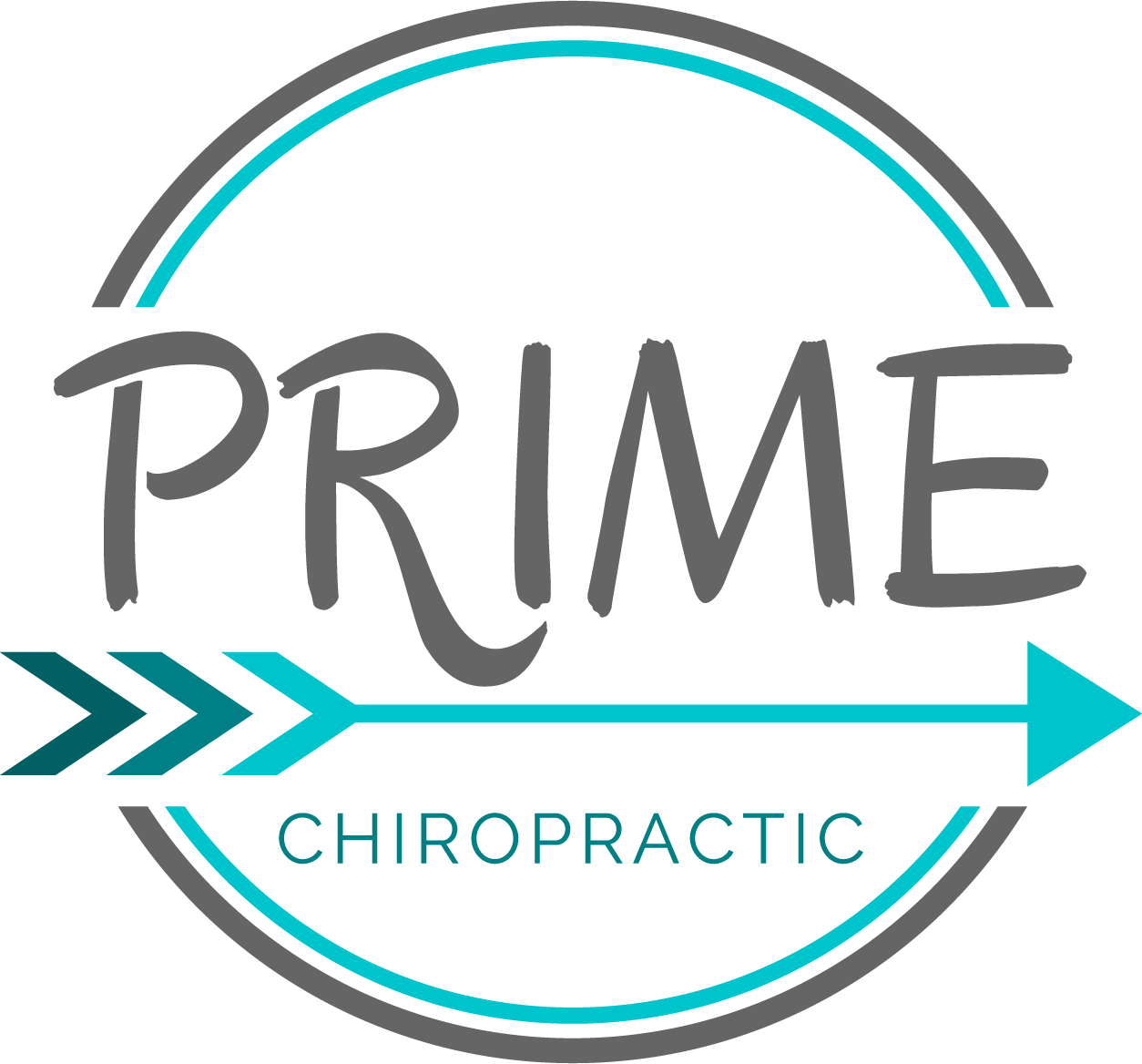“Our goal is to inspire you, to provide you with the latest health care options available, and to make you smile with each newsletter. ”
HOW GRATITUDE EFFECTS THE BRAIN
“It is not happiness that brings us gratitude. It is gratitude that brings us happiness.”
Gratitude may be a gesture or a group of kind words that we give or receive from others. But these simple exchanges of thankfulness goes a long way in affecting our overall biological functioning – especially the brain and the nervous system. The effect of gratitude on the brain is long lasting (Moll, Zahn, et al. 2007). Besides enhancing self-love and empathy, gratitude significantly impacts on body functions and psychological conditions like stress, anxiety, and depression.
1. Gratitude releases toxic emotions
The limbic system is the part of the brain that is responsible for all emotional experiences. It consists of the thalamus, hypothalamus, amygdala, hippocampus, and cingulate gyrus. Studies have shown that hippocampus and amygdala, the two main sites regulating emotions, memory, and bodily functioning, get activated with feelings of gratitude.
Consistent evidence has established that what we call ‘emotions’ or ‘feelings’ are neural activations in the neocortical regions of the brain (Moll et al. 2005). A study conducted on individuals seeking mental health guidance revealed that participants of the group who wrote letters of gratitude besides their regular counseling sessions, felt better and recovered sooner.
The other group in the study that were asked to journal their negative experiences instead of writing gratitude letters reported feelings of anxiety and depression.
2. Gratitude reduces pain
Counting Blessings vs Burdens (2003), a study conducted on evaluating the effect of gratitude on physical well-being, indicated that 16% of the patients who kept a gratitude journal reported reduced pain symptoms and were more willing to work out and cooperate with the treatment procedure. A deeper dig into the cause unleashed that by regulating the level of dopamine, gratitude fills us with more vitality, thereby reducing subjective feelings of pain.
3. Gratitude improves sleep quality
Studies have shown that receiving and displaying simple acts of kindness activates the hypothalamus, and thereby regulates all bodily mechanisms controlled by the hypothalamus, out of which sleep is a vital one.
Hypothalamic regulation triggered by gratitude helps us get deeper and healthier sleep naturally every day.
A brain filled with gratitude and kindness is more likely to sleep better and wake up feeling refreshed and energetic every morning (Zahn et al., 2009). (https://www.ncbi.nlm.nih.gov/pmc/articles/PMC2733324/)
4. Gratitude aids in stress regulation
McCraty and colleagues (1998), in one of their studies on gratitude and appreciation, found that participants who felt grateful showed a marked reduction in the level of cortisol, the stress hormone. They had better cardiac functioning and were more resilient to emotional setbacks and negative experiences.
Significant studies over the years have established the fact that by practicing gratitude we can handle stress better than others. By merely acknowledging and appreciating the little things in life, we can rewire the brain to deal with the present circumstances with more awareness and broader perception.
5. Gratitude reduces anxiety and depression
By reducing the stress hormones and managing the autonomic nervous system functions, gratitude significantly reduces symptoms of depression and anxiety. At the neurochemical level, feelings of gratitude are associated with an increase in the neural modulation of the prefrontal cortex, the brain site responsible for managing negative emotions like guilt, shame, and violence.
As a result, people who keep a gratitude journal or use verbal expressions for the same, are more empathetic and positive minded by nature. https://positivepsychology.com/neuroscience-of-gratitude/
WHAT IS THIS HEALTH THING EXACTLY?
Listen….one of the largest quests in the history of the human race has been for this intangible thing called “Health.” And one of the biggest obstacles is that most people view health as something they strive for, attain, and once reached, consider it theirs forever – it is a goal. Most people feel it is then with them for the rest of their lives. Consider the average Earthling getting out of bed first thing in the morning: All toes working, able to stand up – this individual is ready to conquer the world!
Right!
I hate to burst your bubble here, but Health is not something you can simply attain, capture and hang on to. It is not a destination. It is a continuous journey. So in the words of Nissan, “Enjoy the ride.”
Man has always attempted to achieve good health. And although Health has been very elusive, sickness and disease have been very prevalent – and History reveals a number of theories, which have surfaced to explain why people in a society would become sick…,.You will be shocked to learn that this approach to our understanding of sickness and disease is still evolving – with an added twist, however. Yes, money and profit have played a most intriguing part in this evolution. …And I just know that you are really shocked to read this.
Bad Vapor Theory:
This first theory, began in England about a thousand years ago and it was assumed that people became ill from “bad vapors” which came from swamps and surrounding lands. People believed that these vapors invaded their bodies and were responsible for sickness and disease. And in order to regain health, people of those times felt a need to purge themselves of these bad vapors. To us, this sounds bizarre in present day, but don’t forget that a thousand years ago this was considered to be the height of science! To stay healthy in those days, people would resort to burning lands and forests, trees and fields to magically rid their environment of these bad vapors. This theory, if you can believe it, survived for hundreds of years. Wait, this gets better . . .
Demon Theory of Disease:
Although very popular, the vapor theory couldn’t really explain illness or produce the expected results – the burning of lands did not really cure anyone. It was eventually abandoned, but not before it was replaced by a more contemporary theory.
People believing in this theory assumed their illness was caused by demon possession. They believed that to be healthy again, one had to rid one’s body of demon(s). And, believe it or not, this theory was highly thought of in scientific circles at the time. It was also during this period that the Church was heavily involved in the politics of running most countries.
So, in order to rid people of demons, several “treatments” were employed. The most popular, and probably the one most recognized throughout history, consisted of having one’s head drilled full of holes to let the demon(s) escape. (I’ll bet that you have a few relatives who would probably benefit from this approach….)
Bad Blood Theory of Disease:
As you can imagine, the Demon Theory was very unpopular as it often led to a number of health complications – most people died following such treatment. Very low on the popularity scale! It was discarded with the discovery of circulation and the fact that blood was transported through veins and arteries.
New thinking now provided people with the explanation for illness and disease - “bad blood” suddenly became very popular! In order for one to become healthy, one needed to get rid of his/her “bad blood.” I’m sure that most of you are familiar with bloodletting: a person’s “staff of life” was essentially leaked into a bucket, removed through leaches, etc.
Some of you may be horrified to learn that leaches are actually back in vogue. Yes, in modern day North America, we are actually cultivating leaches for medicinal use. And, although technology and science may have changed dramatically, the basic tenets permeating our concept of health are still very Neanderthal.
I will cover the more contemporary theories in the next Issue of this newsletter!
SOO…
If you are tired of being stuck in the traditional “health” care model and want another approach, contact us today! We can’t wait to welcome you into the Prime Chiropractic family!
And as always, if you have any questions, or would information on any health topic, it would be my pleasure to help you!





